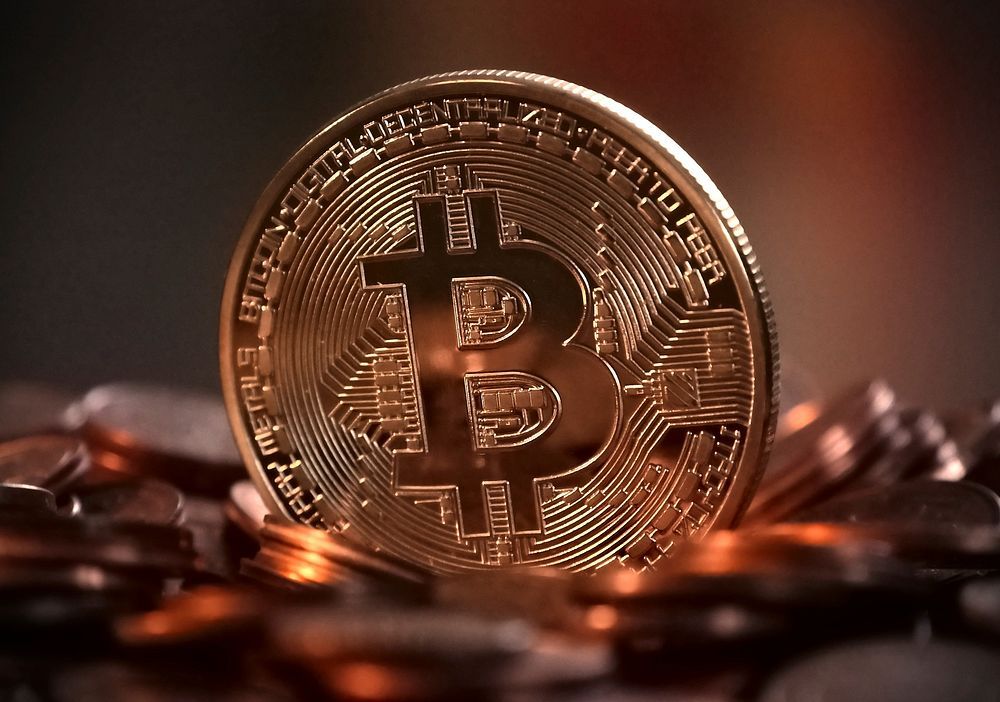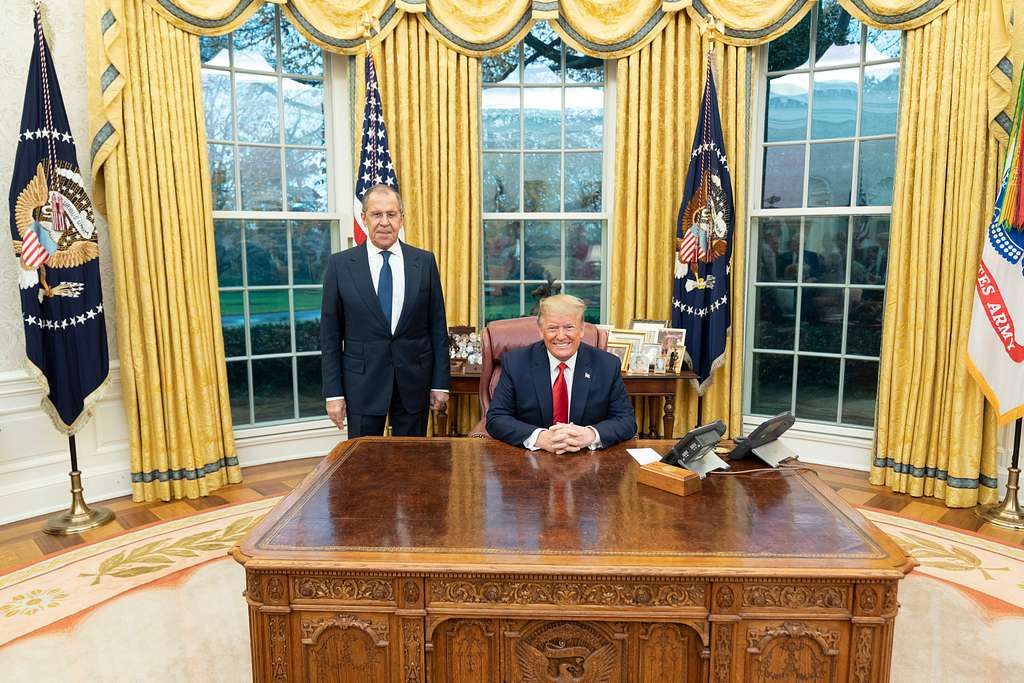Philippines Will Not Obstruct If Duterte Faces ICC Over Drug War, Says Government

The Philippine government announced Wednesday that it would not prevent former President Rodrigo Duterte from surrendering to the International Criminal Court (ICC) if an arrest warrant were issued regarding his controversial anti-drug campaign. The campaign, which began under Duterte’s administration in 2016, led to thousands of deaths and has drawn international criticism and allegations of human rights abuses.
Duterte, known for his defiant and often confrontational stance, has dismissed the ICC investigation, stating that he is unafraid of facing possible charges and even urged the court to expedite its probe. “ICC does not scare me a bit,” Duterte declared, adding that he welcomed the investigation to proceed swiftly, showing his consistent refusal to acknowledge the court’s jurisdiction over him.
Despite Duterte’s removal of the Philippines from the ICC in 2019, which he argued exempted him from its authority, the court has continued its investigation. The ICC claims jurisdiction over alleged crimes that may have occurred while the Philippines was still a member. While Duterte’s withdrawal complicated the ICC’s involvement, international law experts note that the withdrawal does not absolve accountability for actions taken prior to the exit.
The Philippine Department of Justice clarified that, should the ICC issue an international arrest warrant or a so-called “Interpol red notice” for Duterte, the country would comply with its obligations under international law, though no formal request or arrest order has been made as of yet. “We would be obliged to honor any valid international warrant,” a government spokesperson said, indicating that Duterte’s potential surrender would be left to his discretion.
This development follows a congressional inquiry where lawmakers scrutinized the actions and consequences of the drug war, including its impact on communities across the Philippines. The Duterte administration has repeatedly defended the campaign, claiming it was necessary to curb the spread of illegal drugs and maintain public safety. However, critics argue that the crackdown resulted in severe human rights abuses, including extrajudicial killings and violations of due process.
The ICC investigation continues to be a point of contention within the Philippines. Supporters of Duterte argue that the former president acted in the country’s best interest, while human rights advocates emphasize the need for accountability for the thousands of lives lost.
As the ICC moves forward, the international community will be watching closely to see how the Philippine government and Duterte himself respond, marking a critical moment in the ongoing debate over justice and accountability in the war on drugs.





